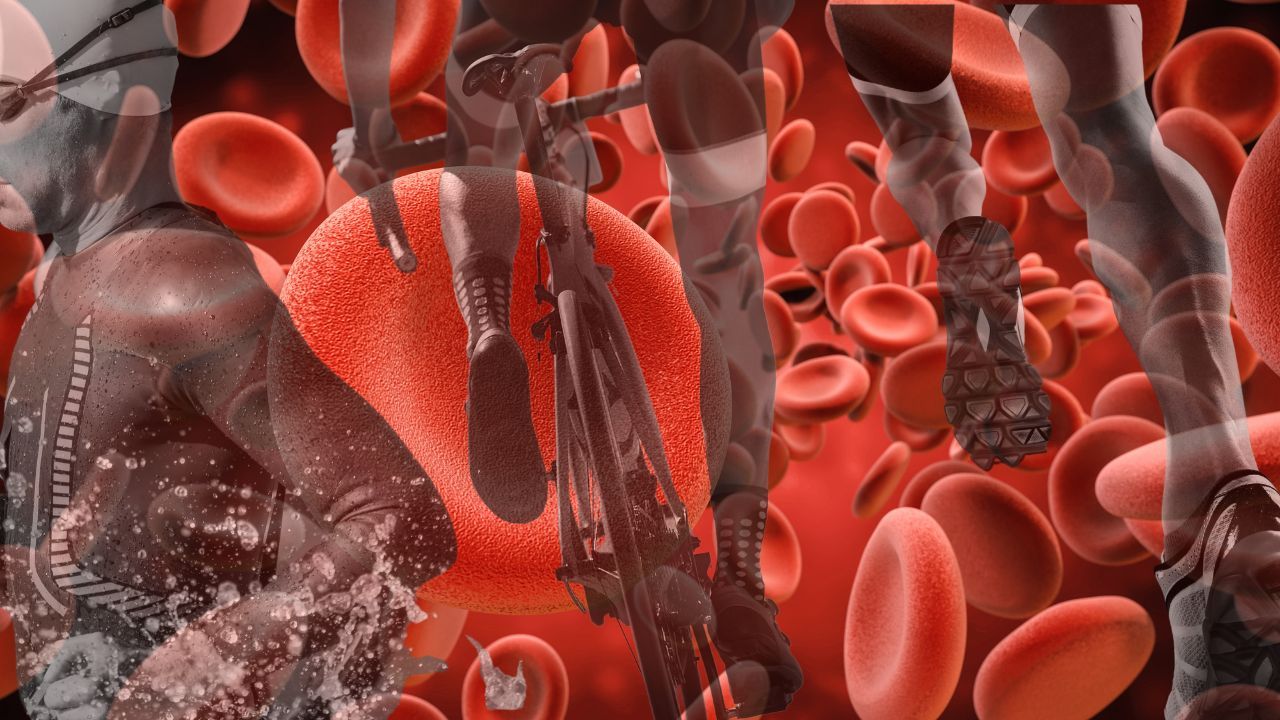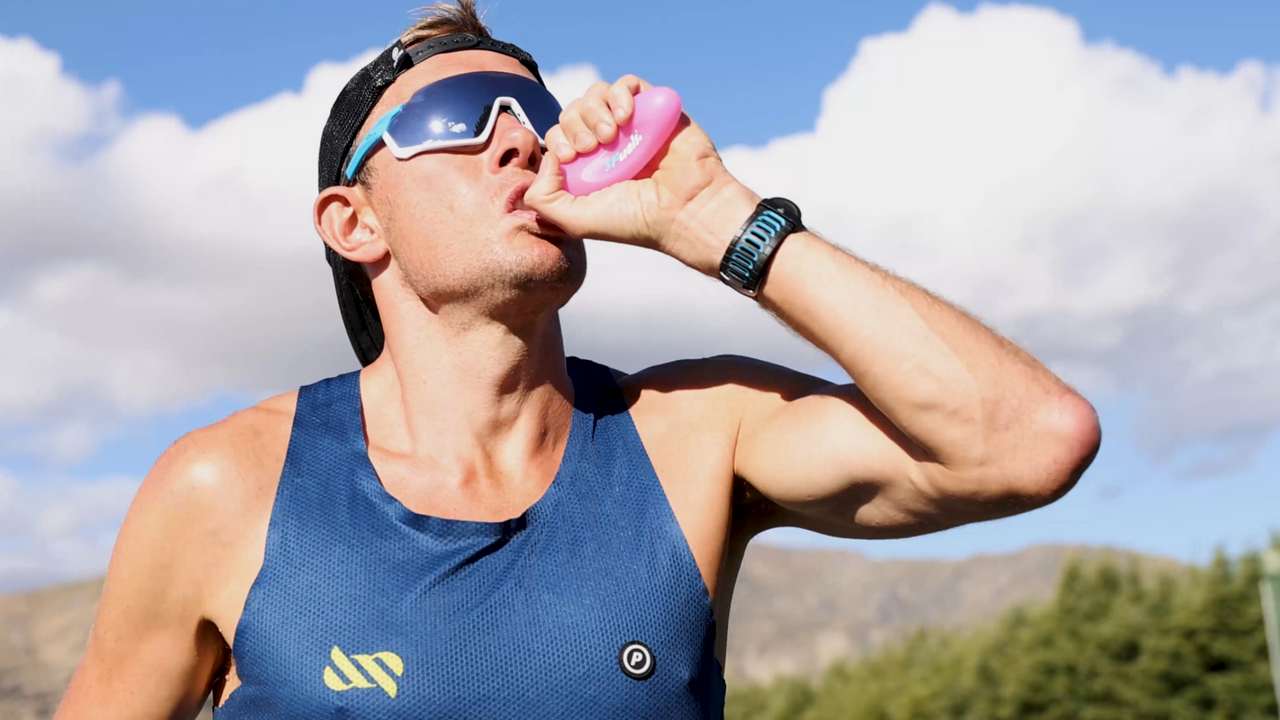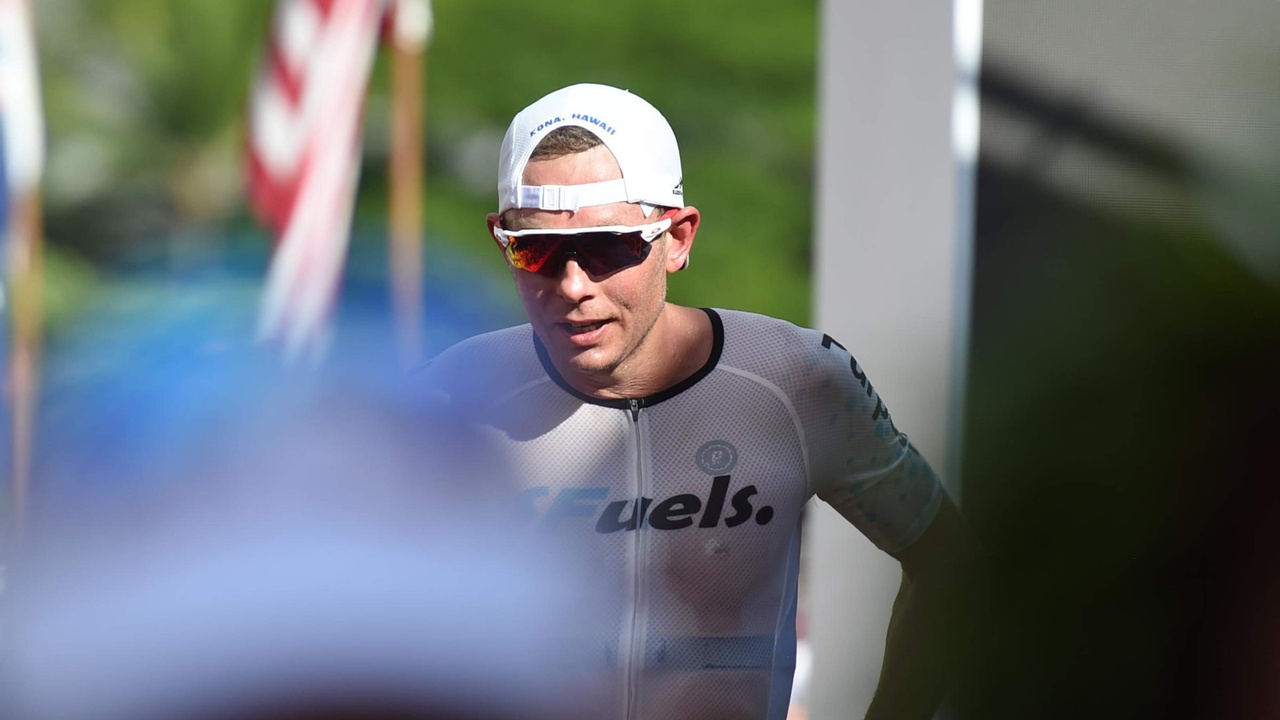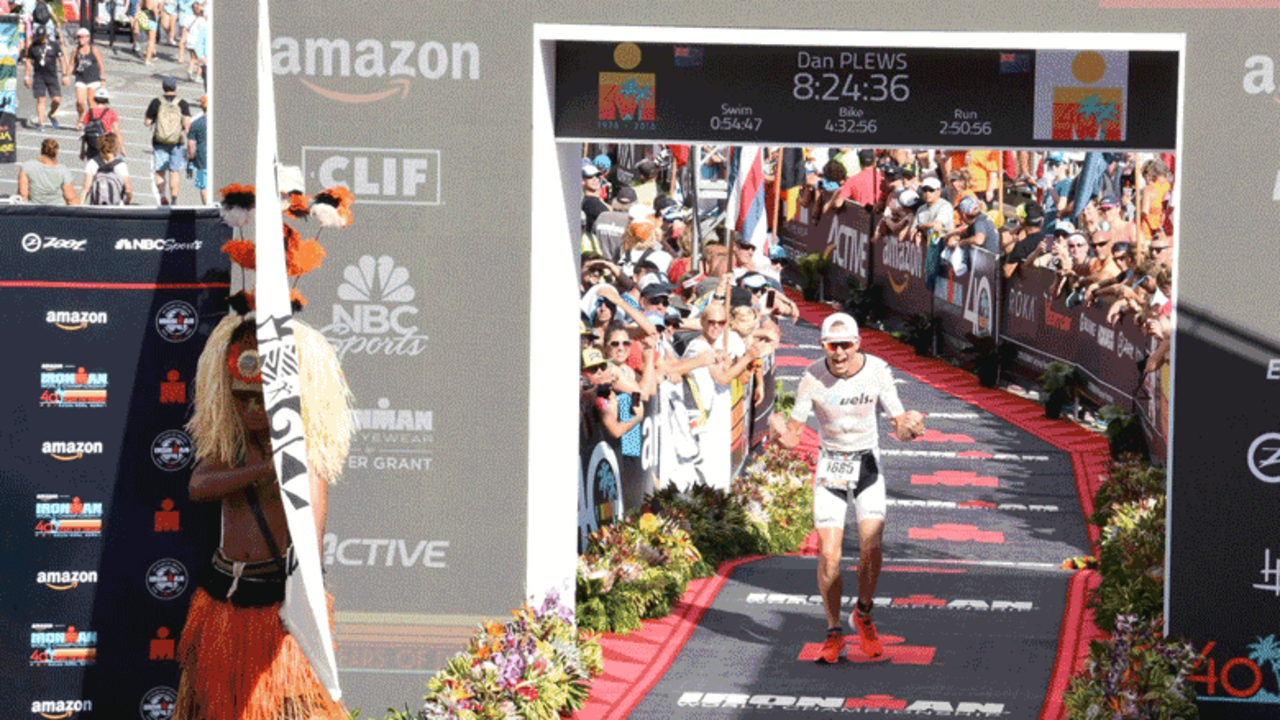How Much Does Recombinant EPO Impact Performance?

In a story that has rocked the triathlon world, it has just been announced that American professional Collin Chartier tested positive for the banned substance erythropoietin – or EPO – in an out-of-competition test in February. Chartier, made miraculous strides up the ranks last year, winning the PTO US Open in Dallas.
There had been an immense amount of chatter in this space over the last day or so. And the bottom line is, doping in this manner (in addition to any manner) gives a huge competitive advantage. A clean sport is absolute paramount for fair competition, and our sport. So in this blog, I am going to do a bit of a deep dive into EPO, how it works, and the effect it has on performance – which is why it is often the drug of choice for those seeking to climb up the podium by means other than hard work and discipline in training. I have written a fair bit about EPO recently, after a couple of studies have been published demonstrating that ketone supplements can (legally) boost E...
How is Your Durability? Why understanding athlete durability is a key metric for Ironman Success

As endurance athletes, we know that getting enough volume into our training programme is critical in our preparation for an event, and we know that to get enough volume without becoming overreached and overtrained, we need to manage and regulate our training intensities effectively (4, 6). We might therefore plan and programme-specific long-duration training sessions designed to generate low physiological stress within our programme (7). Ideally, we'll use physiological profiling numbers – specifically, knowledge of the power output, running speed, and heart rate at the first threshold or moderate-to-heavy intensity transition – to programme and regulate these sessions (5). For example, suppose we determine that our first threshold occurs at 240 W. In that case, we might cap our long, low-intensity weekend ride at, say ~230 W. We also use this number to help quantify things like training load and how much weekly volume was completed within a specific zone.
This is a generally quite ef...
Sodium intake during endurance events: How precise should we be?

Discussion of electrolyte losses in sweat and the perceived need to supplement with sodium during competition is ubiquitous in endurance sport. Particularly triathletes. According to a recent survey, the vast majority of endurance athletes reported that they think they should be replace sweat sodium losses during racing (5). However, is it really something we need to worry about? In this blog, I will briefly describe the state of the evidence regarding sodium supplementation during endurance competition and outline why I think that ingestion of some sodium during competition is important, but also why I don’t think the majority of endurance athletes need to agonise over the details of their sodium supplementation regimen. If nothing else it’s going to reduce the number of decisions you have to make, so strap in!
Sodium losses in sweat
First things first, what is sodium? Sodium is an electrolyte found in the body and is crucial for many physiological functions. The movement of positiv...
Carbohydrate Nutrition: An update on hydrogels and in-race carbohydrate dosing

We discussed the science of carbohydrate ‘hydrogels’ in a previous blog. Carbohydrate hydrogels are regular carbohydrate-containing sports drinks, with pectin and sodium alginate added. Pectin and sodium alginate have little effect until the drink reaches the high acidity of the stomach, where it forms a gel-like mixture. The gel-like mixture allows for a faster pass through the stomach into the intestine – what is called ‘gastric emptying’ – and speeds the rate at which the ingested carbohydrate is available for absorption across the intestine and, theoretically, utilisation as a fuel source by the working muscles.
When I wrote the blog in 2020, a handful of studies looking at the gastrointestinal and metabolic effects of carbohydrate hydrogels had been published. My conclusion at that point was that hydrogels might provide an effective means of accelerating gastric emptying, although the research did not demonstrate positive effects on exogenous carbohydrate availability or gastroin...
Best practice for triathlon coaches: Avoiding overtraining

By Dr Dan Plews
Endurance athletes have to manage the stress generated through training with the recovery required to absorb that stress and turn it into positive adaptations. One of the major determinants of the outcome of a training intervention is how successfully stress and recovery are balanced; too little stress and too much recovery could lead to undertraining and the failure to realise potential; too much stress and too little recovery could lead to overtraining, excessive fatigue, and impaired performance. In this blog, we are going to focus on the latter – overtraining – what it is and how to avoid it.
The overtraining continuum
‘Overtraining’ is one of the many ubiquitous and inconsistently defined terms in endurance sport, much like ‘threshold’, and the misuse of the term creates confusion. Oftentimes, when athletes and coaches say that they are overtrained, they are really overreached. I like to refer back to a classic review paper by Shona Halson and Asker Jeukendrup f...
Heat Training to Improve Exercise Performance in Cool Conditions

One topic that has received increasing attention in the scientific and endurance sport community over the last few years is training under environmental heat stress. The benefits of training in the heat in preparation for a competition in a hot environment is well-established (3, 23). That process is called heat acclimatisation (or acclimation when performed in an artificial hot environment like a heat chamber), and is an effective means of improving an athlete’s thermoregulatory capabilities in order to tolerate the stress associated with the dual stresses of competitive work outputs and high environmental stress. That is not what this blog is about. Interested readers are directed to our course dedicated to preparing for long-distance triathlon competitions in hot environments (LDT 103).
In this blog we are instead concerned with whether training under environmental heat stress can be used as an additional stressor in order to promote endurance training adaptations relevant to perfo...
Should I Train With My Race Supplements?

- By Jeff Rothschild
Sports supplements are everywhere. Most don’t live up to their claims, but there are a few that actually do! When it comes to enhancing endurance performance, some of the most well-studied are sodium bicarbonate, beta-alanine, beetroot juice, and caffeine, each of which can typically offer ~1-3% improvements across a variety of endurance-related measures. Unfortunately, they typically don’t synergize and offer compounding benefits, but they can all help in different ways and at different times.
If supplements are good for helping you go faster on race day, what happens if you take them all the time?
Do they wear off and lose their effect? Can they continue to offer the same benefit? Can they actually help your training? I recently published a review paper on this topic (1) and wanted to share some of the key takeaways.After reviewing 100+ papers testing the effects of supplements on endurance training adaptations, it looks like you may indeed...
How do I fuel my races with low carb healthy fat? - Fat Oxidation and Race Fuelling (Part 1)

While down at the event, Prof Grant Schofield and I were invited to present on the low carbohydrate healthy fat (LCHF) performance for Ironman.
The link to the presentation can be found in this closed Facebook group here (anyone can join), and we think it was quite well received with 50+ people attending.
However, as always around racing, one of the main questions we always receive is “how do I fuel my races with LCHF?”. Luckily, along with two of my endurance physiology colleagues at AUT, we discussed this very topic in a paper that used theoretical energy fuel requirements of Ironman triathletes at different performance levels (~8 h, ~9 h, and ~13 h).
This paper was published in the Journal of Sports Medicine, and I’ve tried to summarise below. The science is quite heavy so I will split this blog into two parts...
My Training Numbers to 8:24 at Ironman World Champs

It’s been a while! After sharing my training for the 2018 Taupo Ironman, which was well received, I thought it was about time to do the same for the magical day I had in Kona on October 13th, 2018.
Kona 2018 Ironman World Championships sure was one to remember, winning the age-group race overall and breaking the age-group course record in 8:24:36.
Descending into the Energy Lab during the marathon. This KM was a 3 min 55 sec.
I never wrote a detailed race report, however, I wrote a post shortly after the race called Kona Gems and also talked about the race itself on a number of podcasts such as Fitter Radio, Triathlon Taren, Swim Smooth and Oxygen Addict. At the end of the day, it’s all about the process. So below is some of the “nitty and gritty” training data during my build to the Ironman World Championships. The training data below starts from April 2nd, which is just after a 3-week break post-Ironman New Zealand (28 weeks).

